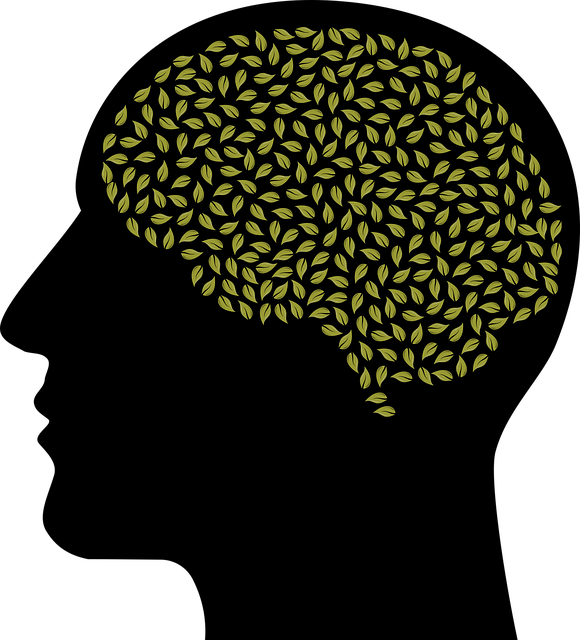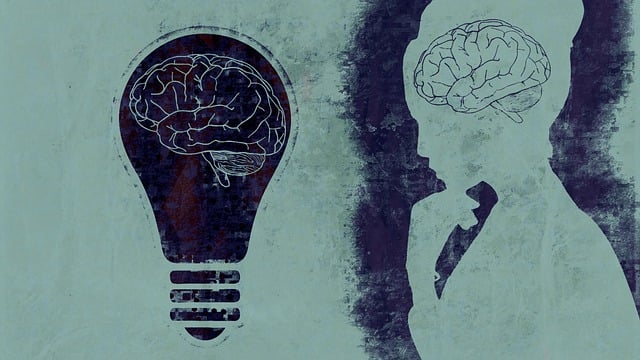Mental wellness, encompassing emotional, psychological, and social well-being, is crucial for navigating life's challenges. Longmont Depression Therapy, combined with compassion cultivation, self-care, and stress reduction practices, significantly improves resilience and manages conditions like depression and anxiety. Journaling, a proven therapeutic method, aids in achieving better mental wellness by fostering emotional intelligence, enhancing conflict resolution skills, and providing insights through self-reflection. Personalized depression therapy journals offer a safe space for daily documentation of thoughts and feelings, promoting self-awareness and effective crisis intervention. Regular journaling, with focused themes and consistency, strengthens emotional regulation skills and enhances overall mental health.
Unwind your mind and embark on a journey of self-discovery with mental wellness journaling. In today’s fast-paced world, this simple practice can be a powerful tool for navigating stress and improving overall well-being. This article guides you through the transformative power of journaling, offering insights into how it can alleviate symptoms of depression, as supported by Longmont Depression Therapy practices. From understanding mental health to creating your journal and mastering effective techniques, get ready to unlock a calmer, more resilient you.
- Understanding Mental Wellness and Its Impact
- Journaling as a Therapeutic Tool
- Creating Your Depression Therapy Journal
- Techniques and Tips for Effective Journaling
Understanding Mental Wellness and Its Impact

Mental wellness is a vital aspect of our overall well-being, encompassing our emotional, psychological, and social health. It influences how we think, feel, and act in various aspects of life. Understanding mental wellness involves recognizing that it’s not merely the absence of illness but a state of thriving where individuals can navigate challenges, manage stress, and experience a sense of fulfillment. Longmont Depression Therapy, among other therapeutic practices, plays a pivotal role in fostering mental wellness by providing tools to combat conditions like depression and anxiety.
The impact of poor mental wellness can be profound, affecting not just an individual’s thoughts and emotions but also their physical health, relationships, and overall quality of life. Chronic stress, for instance, can lead to various health issues, including cardiovascular problems and a weakened immune system. Compassion cultivation practices, self-care practices, and stress reduction methods are some effective strategies that can help individuals improve their mental wellness. By integrating these into daily routines, folks in Longmont and beyond can cultivate resilience, enhance their coping mechanisms, and ultimately achieve a more balanced and fulfilling life.
Journaling as a Therapeutic Tool

Journaling has emerged as a powerful therapeutic tool for individuals seeking to improve their mental wellness. By putting pen to paper, or fingers to keyboard, people can explore their thoughts and emotions in a safe and non-judgmental space. This act of self-reflection allows individuals to gain valuable insights into their feelings, behaviors, and patterns, which is particularly beneficial for managing conditions like depression (Longmont Depression Therapy).
Through regular journaling practices, one can learn effective conflict resolution techniques, enhance emotional intelligence, and cultivate a greater sense of self-awareness. Additionally, it serves as an outlet for processing traumatic experiences, reducing stress, and preventing burnout, which is essential in the context of cultural sensitivity in mental healthcare practice. Many find that documenting their journey helps them stay grounded, set personal goals, and celebrate progress over time.
Creating Your Depression Therapy Journal

Creating your own depression therapy journal can be a powerful tool for self-awareness exercises and anxiety relief in Longmont Depression Therapy. Start by selecting a notebook or diary that feels comfortable to hold and write in. It should be a space where you feel safe to express yourself honestly, free from judgment. You might want to decorate the cover with something that reflects your personality or mood, like a calming scene or inspirational quote.
Each entry can focus on different aspects of your mental health journey. Record your thoughts, feelings, and experiences throughout the day. Reflect on triggers, coping mechanisms, and any patterns you notice in your moods. This continuous practice fosters deeper self-understanding, which is crucial for managing depression. Remember, there’s no right or wrong way to journal; it’s a deeply personal process that can offer valuable crisis intervention guidance when combined with professional support.
Techniques and Tips for Effective Journaling

Journaling is a powerful tool for mental wellness, offering a safe space to explore and express your thoughts and feelings. For those seeking Longmont Depression Therapy or looking to enhance their mental health awareness, this practice can be transformative. One effective technique involves setting a specific theme or prompt each day, such as “What made me feel grateful today?” or “How did I respond to a challenging situation?”. This helps focus the journaling process and encourages self-reflection.
To maximize the benefits, be consistent with your entries, aiming for a regular routine. Consider incorporating emotional regulation techniques within your journal, like noting down physical sensations and identifying associated emotions. By practicing mood management through this method, you can develop a deeper understanding of your triggers and patterns. Remember, each entry is an opportunity to foster self-care and strengthen your mental health toolkit.
Mental wellness journaling can be a powerful tool for self-care, offering individuals like those seeking Longmont Depression Therapy a means to process emotions, track progress, and gain insights. By combining reflective writing with therapeutic techniques, this simple practice empowers folks to take charge of their mental health and cultivate resilience. Incorporating journaling into your routine is an accessible step towards prioritizing your well-being.













